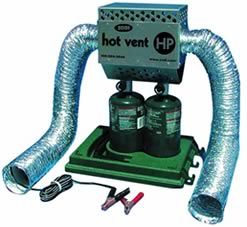TenaciousTJ
Explorer
Not sure if they even make one, since it might be a hazard in a tent, but.......
Does anybody know of any super compact, ultra light liquid fueled tent heater? I've got a giant Coleman Black Cat propane one, but looking for one that's super small and doesn't take propane. I'm getting a liquid fuel MSR Dragonfly stove and would like to just use the same fuel for a heater. I searched, but didn't find anything except for giant military tent heaters. Thanks.
Does anybody know of any super compact, ultra light liquid fueled tent heater? I've got a giant Coleman Black Cat propane one, but looking for one that's super small and doesn't take propane. I'm getting a liquid fuel MSR Dragonfly stove and would like to just use the same fuel for a heater. I searched, but didn't find anything except for giant military tent heaters. Thanks.

